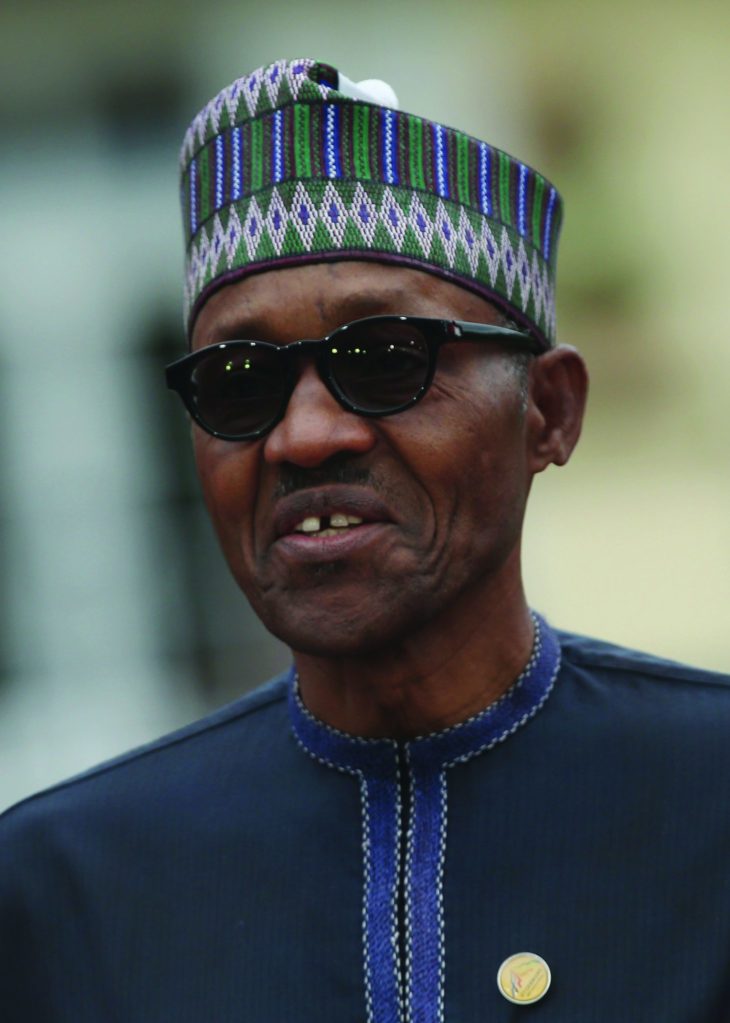In the weeks since Muhammadu Buhari was elected president several lists have emerged purporting to show his ministerial nominees; the frenzied list-making an expected outcome of Nigeria’s speculation mills tilting into overdrive during periods of political transition.
That federal cabinet, when finally constituted sometime in June, will, like all others before it, comprise a blend of technocrats and politicians. What is yet unclear is which of these groups will dominate, and if there will be a critical mass of reformers, similar to the group that dominated the second term of President Olusegun Obasanjo and helped him achieve landmark reforms in pensions, electricity legislation and Nigeria’s foreign debt position.
Buhari has said he will work to downplay the involvement of the cabinet in the award of contracts, and instead remake it as a “policymaking” body. He has also said he will not be depending on the governors to constitute his cabinet. If he follows through on this vow, it will be a break from a tradition set by the People’s Democratic Party, which has ruled Nigeria since 1999.
Nigeria’s constitution stipulates that all of the country’s 36 states must be represented in the federal cabinet. This means that there will have to be at least 36 ministers, regardless of whatever cost-cutting ambitions a president might have. During his first spell as president, Buhari’s preference for a relatively smaller government was backed by the near-absolute authority he held as military ruler.
The finance minister role gained unprecedented power under the Goodluck Jonathan presidency, when its occupant, Ngozi Okonjo-Iweala, was concurrently designated the coordinating minister of the economy’ – likened by observers to an unofficial prime minister role. Considering the dire state of Nigeria’s finances, and also of its prospects in the short to medium-term, the choice of finance minister will be one of the most important decisions Buhari has to make.
Loading...
The three people who represented the incoming government at the spring meetings of the World Bank in Washington DC in April – Ifueko Omoigui-Okauru, a former head of the Federal Inland Revenue Service; Wale Edun, who ran the Finance Ministry in Lagos State between 1999 and 2004, and is also a co-founder of Stanbic-IBTC Bank; and Abba Kyari, a former CEO of UBA – have all been tipped to get the job. All three previous Finance Ministers have come directly to the office from the executive ranks of multinational banks – Mansur Muhtar from the African Development Bank, Olusegun Aganga from Goldman Sachs, and Ngozi Okonjo-Iweala from the World Bank.
The Petroleum Ministry will also be keenly watched, as it is oversees the lifeblood of the government and the economy. Buhari has previously served as Chairman of the Nigerian National Petroleum Corporation (NNPC), the national oil company, and Minister of Petroleum, and may be tempted, like President Obasanjo did for all of his eight years in office, to retain direct control of the all-important sector.
Anyone looking for possible insight into the nature of the Buhari cabinet might have to look at the Transition Committee he assembled in April, to liaise with the outgoing government and help lay a policy foundation for the new one. The membership of the committee drew from various blocs: the old guard (like Tam David-West, Buhari’s Petroleum Minister 30 years ago; and Committee Chairman Ahmed Joda, already a powerful federal bureaucrat in the 1970s when Buhari was taking on his first government role), and a crop of younger technocrats like Doyin Salami, a professor at the Lagos Business School, Wale Edun, and Bola Adesola, CEO of the Nigeria office of Standard Chartered Bank.
Some ministries have traditionally been regarded as A-list because of the relatively larger capital spending budgets they wield, and will therefore see a lot of intense lobbying from interested people and interest groups. They include health, federal capital territory, education, defence, works and water resources. Sources say Buhari’s plans to focus on diversifying Nigeria’s natural resource base beyond oil and gas will elevate the Ministry of Solid Minerals into this elite club.
Beyond the cabinet there will be hundreds, perhaps thousands, of appointments to be made over the next four years. Primary ones will include the cabinet secretary (secretary to the government of the federation), chief of staff, principal private secretary, a spokesman (‘special adviser on media’), a chief economic adviser, and, possibly – in keeping with recent presidential tradition – a quietly influential special assistant on domestic matters.
Loading...
